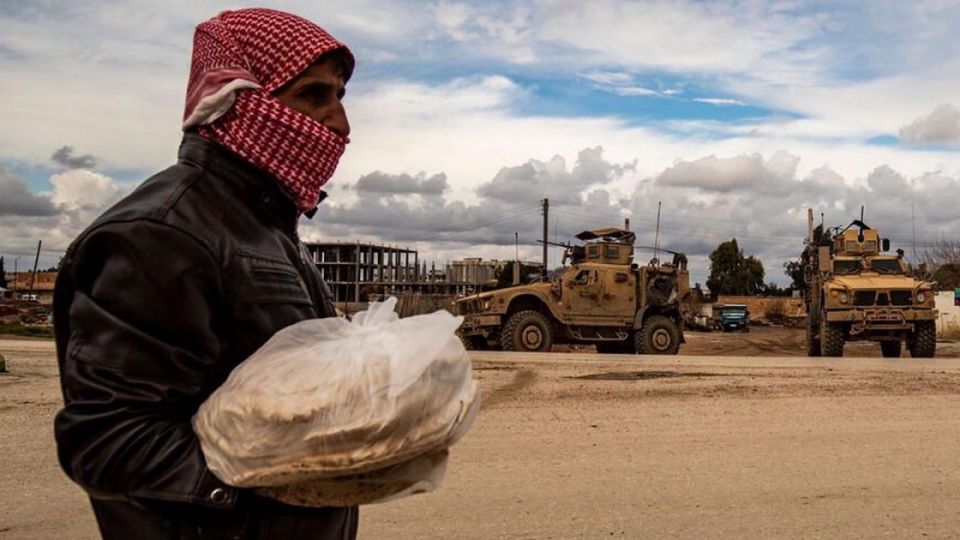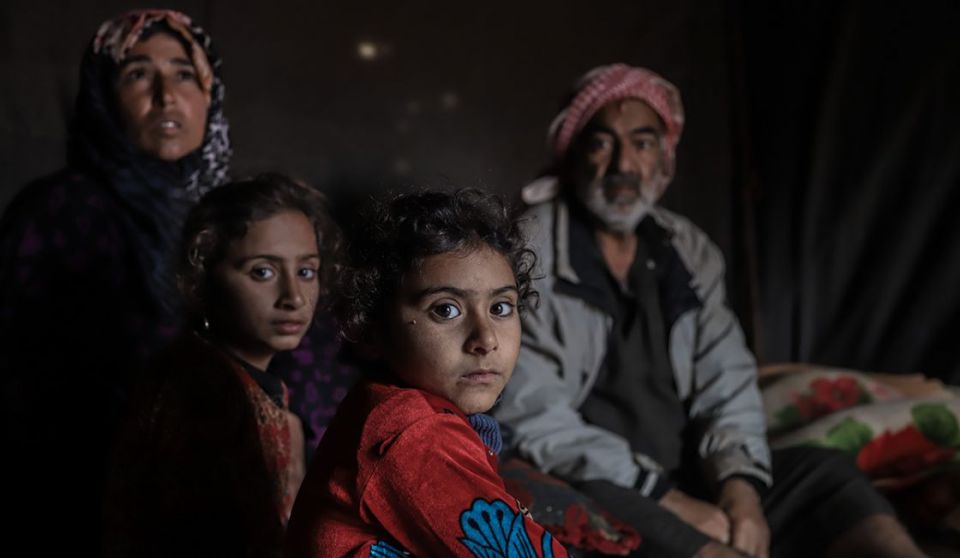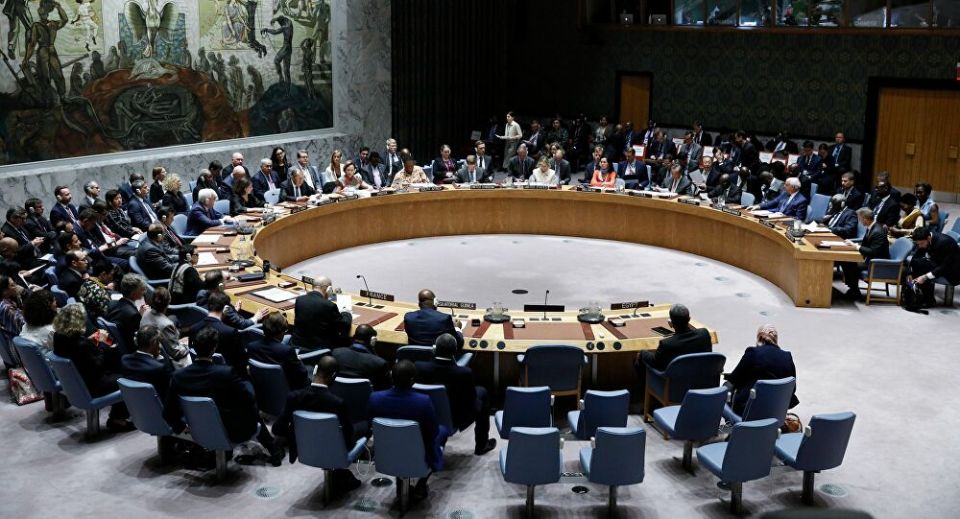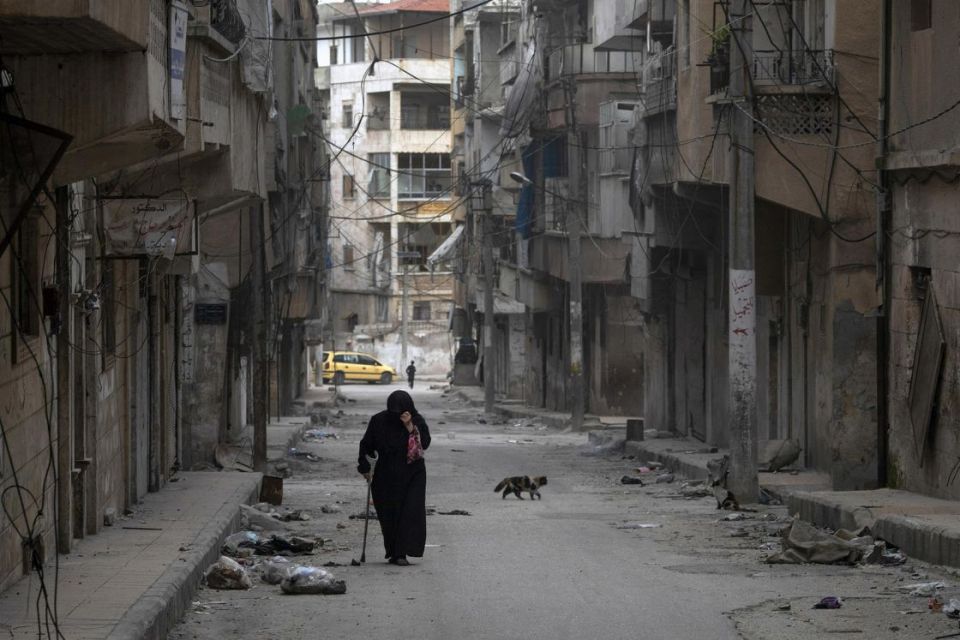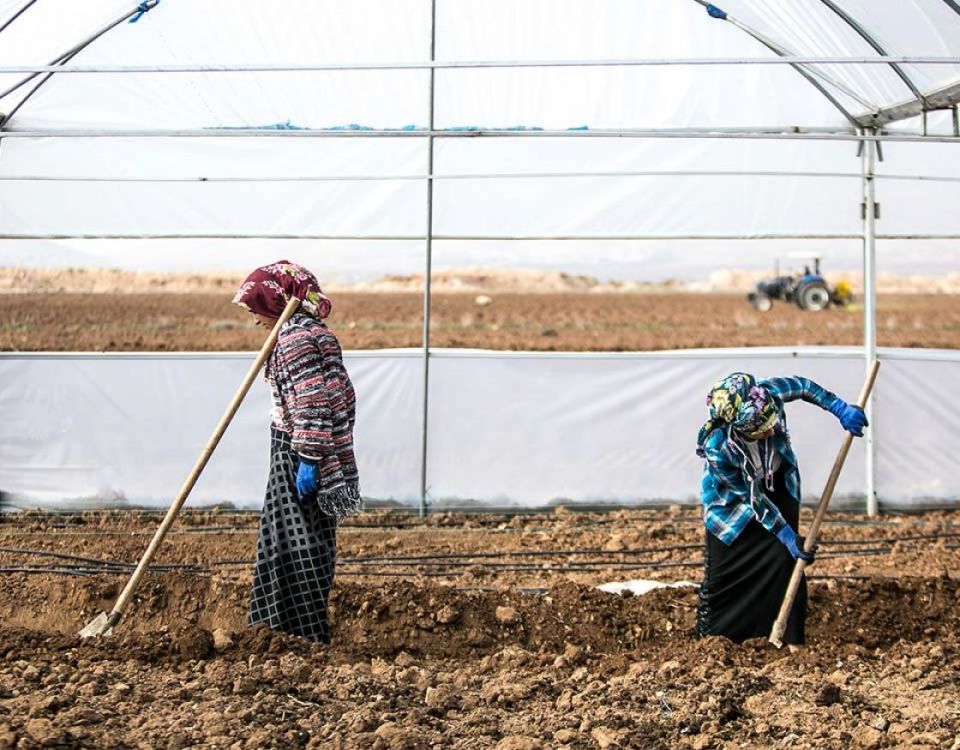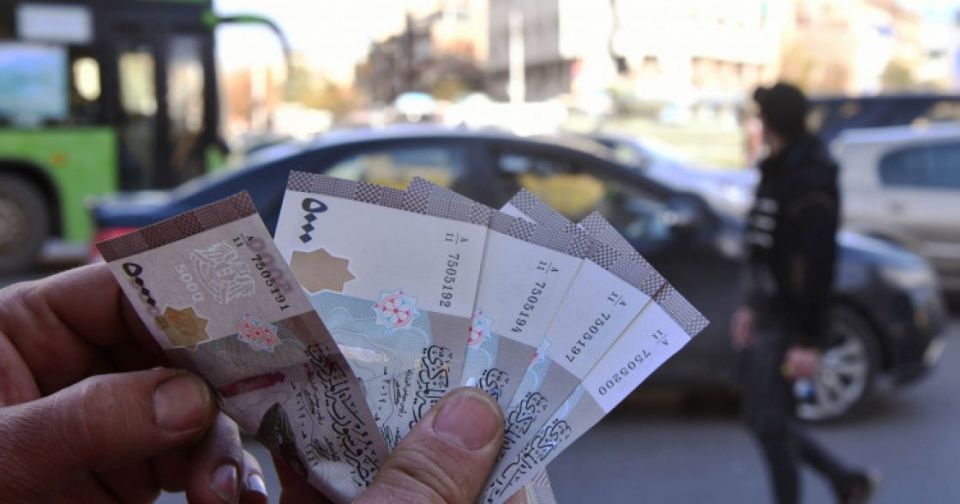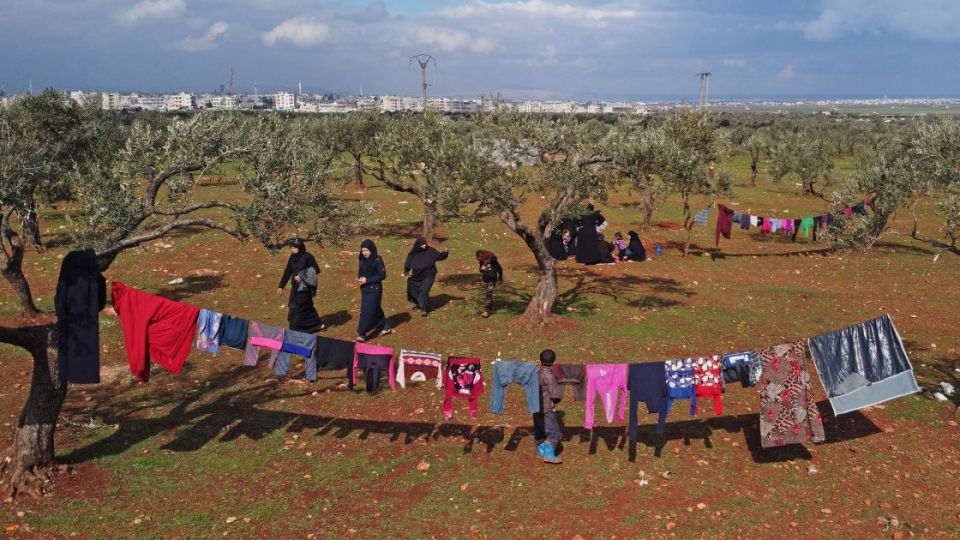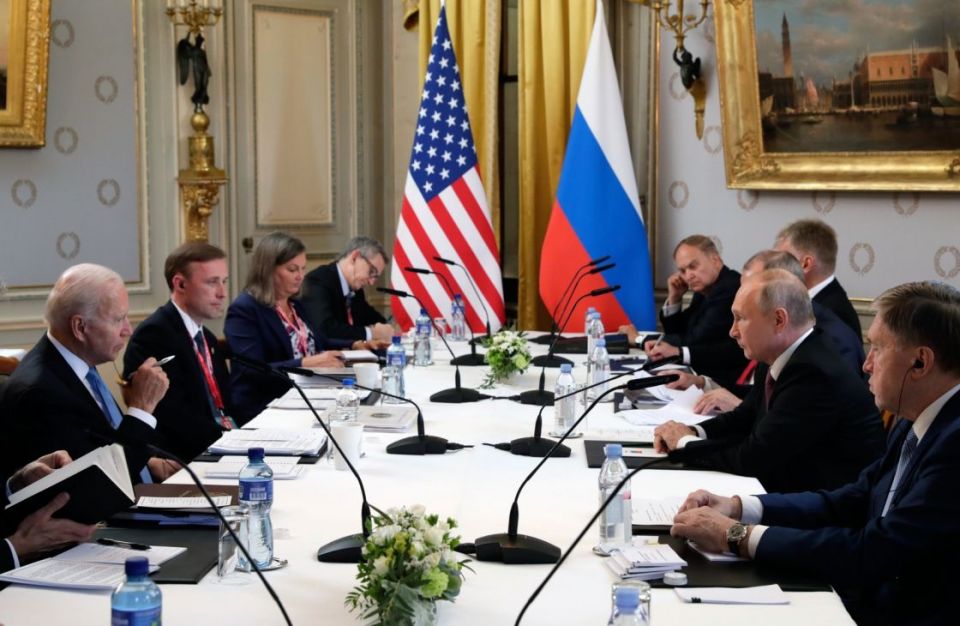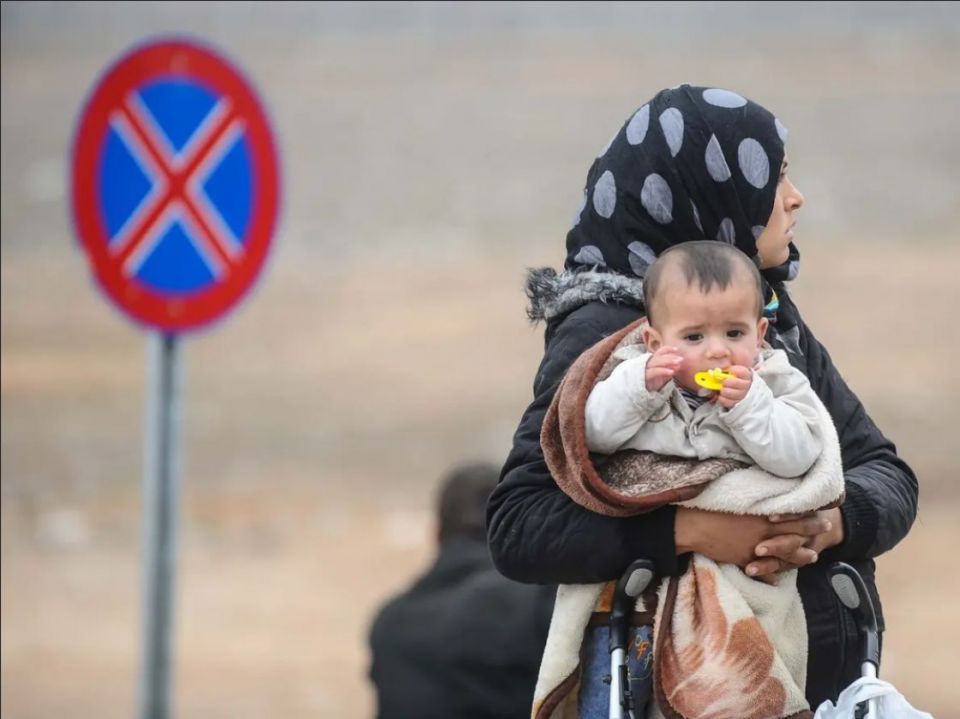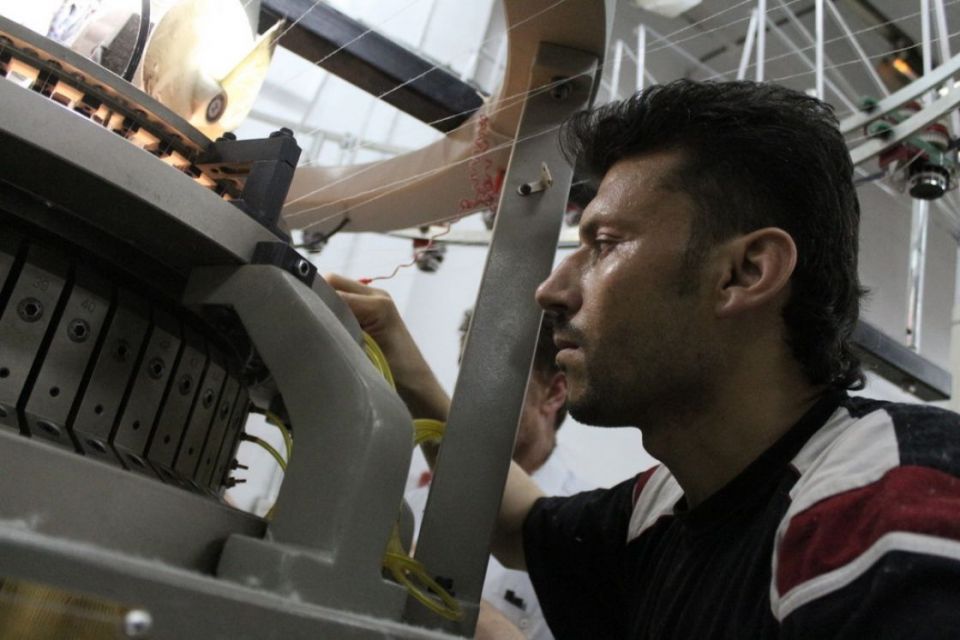Bread and Energy; $3 Billion. Larger than the Remains of the State Apparatus.
Energy and Bread; there is perhaps nothing that intensifies the material and economic essentials of any social structure more than these two components. Bread is enough for survival, and energy is necessary for moving forward and for work. The abundance of these two components is the necessary and inadequate limit to guarantee economic, political, and social security. When the economic and political structure is “lenient” with bread and energy crises, then it is practically not looking for the essentials for survival or moving forward, and is indifferent about falling into the abyss.


